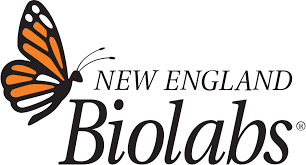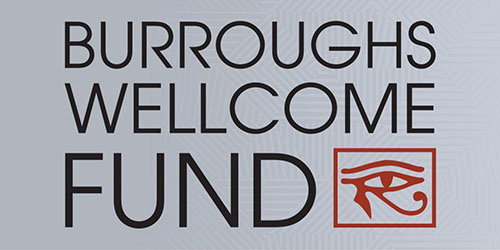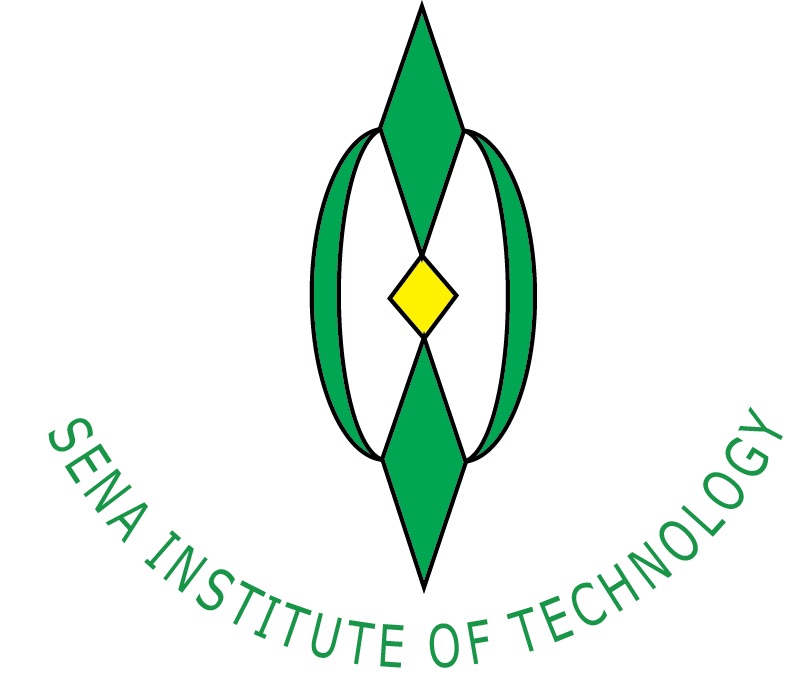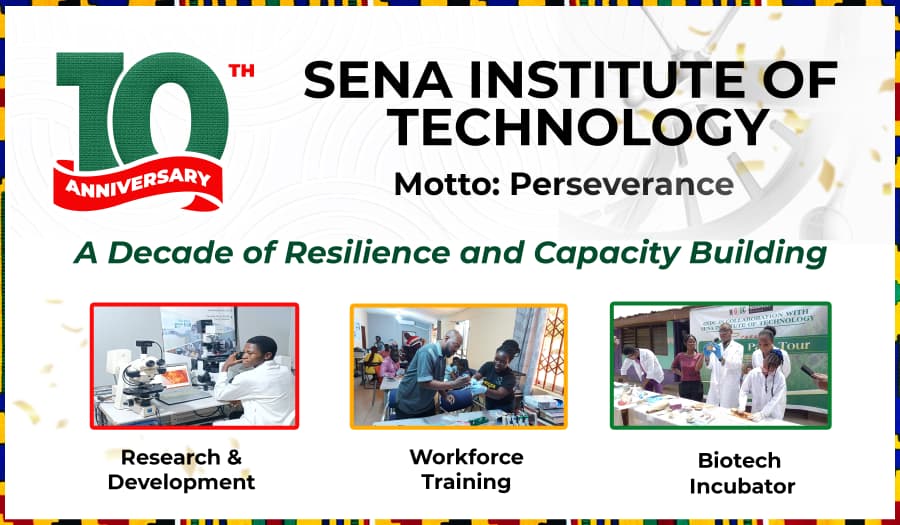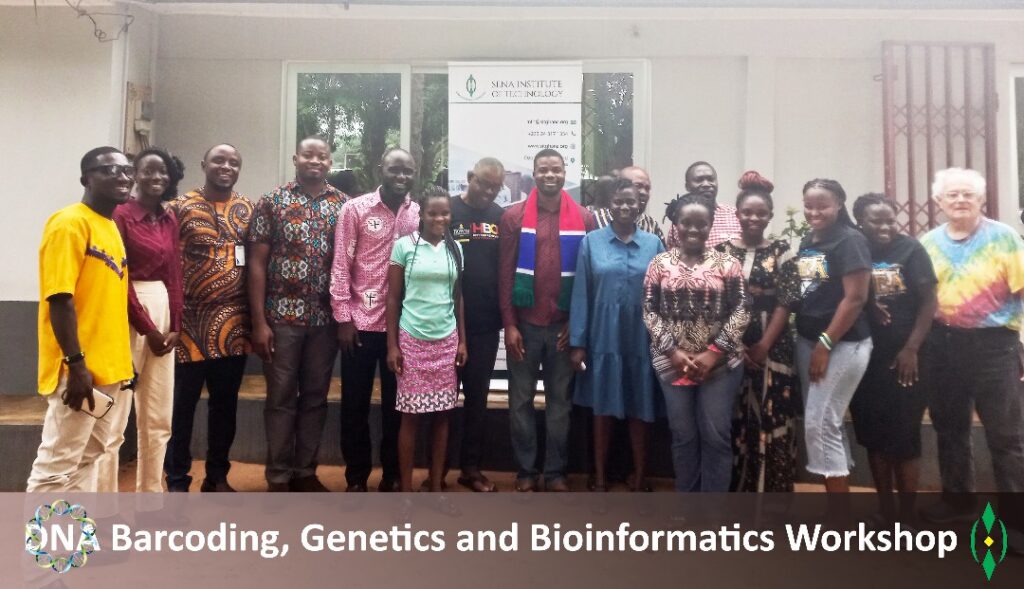
BIOTECHNOLOGY CENTER OF EXCELLENCE
In the last decade, the Sena Institute of Technology, has established itself as a center of excellence in Ghana for biomedical research training of the next generation of scientists on the African continent. The institute trains Ghanaian students in practical experimentation from primary school to graduate level in genetics, biodiversity, conservation and drug discovery. Students learn to appreciate nature and the environment. It also trains tutors at both high schools and colleges in the train-the-trainer concept. These ensures that educators are well equipped with skills and knowledge to impact to the next generation of professionals on the continent. SIT flagship programs include internships for Ghanaian university students pursuing science degree programs at the major universities, the National Service Program for graduates, International Exchange Program for other African students and globally, and periodic specialized hands-on workshops.
In picture: A workshop at Sena Institute of Technology that hosted participants from Ghana, Gambia, Nigeria and United States of America.

PARTNERSHIPS FOR IMPACT
Over the past decade, the Sena Institute of Technology (SIT) has established strategic partnerships with leading international institutions to drive growth and deliver impactful solutions to challenges faced in both Africa and the Americas. These collaborations have spanned multiple areas, including International Exchange Programs with institutions such as Harvard University, Ocean Genome Legacy, University of Chicago, and Northeastern University, offering enriching academic and cultural experiences for college and graduate students; Research Collaborations and Support with partners like New England Biolabs, Oxford Nanopore Technologies, and the Federation of American Societies for Experimental Biology (FASEB) and local Ghanaian institutions such as the University for Development Studies and Center for Plant Medicine. These partnerships reflect SIT’s ongoing commitment to global collaboration, innovation, and the advancement of science in service to society.
In picture: Dr. Rich Roberts, CSO of New England Biolabs and 1993 Nobel laureate in Physiology or Medicine, visit to SIT, Ghana and a meeting with heads of tertiary institutions in Ghana held at the British Council..

ADVOCACY FOR BIOMEDICAL RESOURCES
Access to adequate biomedical resources is critical for advancing healthcare, research, and biotechnology innovation in Africa. However, many institutions and communities continue to face significant challenges due to limited funding, infrastructure, and access to modern technologies. The Sena Institute of Technology Foundation, is committed to advocating for increased investment and equitable distribution of biomedical resources across the continent. Our advocacy focuses on raising awareness among policymakers, industry leaders, and international partners about the urgent need for enhanced biomedical infrastructure and funding in Africa, promoting partnerships that facilitate technology transfer, equipment donations, and capacity-building initiatives. supporting local manufacturing and supply chains to reduce dependency and improve sustainability of biomedical products and tools, encouraging policies and funding models that prioritize biomedical innovation and public health improvements.

CONFERENCES AND SEMINARS
Scientists in developing countries often face significant barriers to accessing cutting-edge research, including limited availability of academic journals, electronic publications, and opportunities to participate in global conferences and seminars. This restricted access hinders scientific progress and collaboration. To bridge this gap, the Sena Institute of Technology (SIT) hosts a wide range of conferences, seminars, and workshops aimed at enhancing the visibility of African scientists’ work and fostering connections with peers around the world. These events provide vital platforms for knowledge exchange, networking, and professional development, key elements in strengthening biomedical research capacity on the continent.
In picture: 2023 FASEB conference in Ghana.

At SIT Foundation, our mission is to facilitate the United Nations Sustainability Development goals, African Union Development Agency’s mission and strengthen global partnerships to foster economic and scientific development of Ghana and across Africa.





Major Donors
